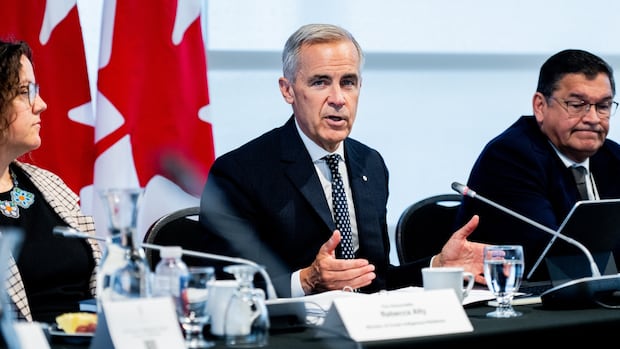[published_date]
Former Alberta premier Jason Kenney doesn’t mince words when asked about possible Alberta separation.
He says it’s a historically discredited concept driven by a pocket of malcontents and guaranteed to shred the social fabric of the province it purports to champion.
“It’s bananas if we allow a tiny, perennially angry minority to drag the whole province through a deeply divisive debate,” Kenney said in a recent interview in a boardroom at Bankers Hall in Calgary, where he’s a senior adviser to a law firm and works with corporate boards.
“[It would be] a referendum that would divide families, divide communities, divide friends for no useful purpose,” Kenney said.
“If this gets to a ballot, there will be marriages that will break up over it. There will be wives and husbands who just can’t tolerate each other over their opinions on this.
“There will be businesses where partnerships break up. There will be churches and community organizations that break up over this. That’s how explosive this is.”
Kenney, a longtime federal Conservative cabinet minister and Alberta’s premier from 2019 to 2022, said a small minority shouldn’t be able to push a separatist agenda that impacts everyone.
His comments come as the province’s United Conservative Party government under Premier Danielle Smith pursues a two-track policy of urging Alberta stay in Confederation while making it easier for a referendum to be held on quitting Canada.
The government recently lowered the bar to launch such a referendum, with 177,000 signatures to be collected over four months in the province of five million people.
‘Couldn’t get elected dogcatcher’
Kenney is on record opposing separation and said his stance has brought attacks on social media calling him a traitor and urging he be executed.
He said he finds it ironic that he is being cast as a federal lackey since it was his government that launched legal challenges of the federal carbon tax, Bill C-69 — what he dubbed the “no more pipelines” law — and the federal plastics ban.
Kenney said he also knows that separatism is, and always has been, the rallying cry for a tiny core of flighty, discontented Albertans.
“We’re talking about at most a few thousand people,” Kenney said.
“And if you just follow them on social media, they’re all attacking Ukraine and cheering on [Russian Leader] Vladimir Putin. They were all cheering on [U.S. President] Donald Trump, when he was attacking Canada with tariffs and the threats of making us become the 51st state.
“These are just the people who are perennially aggrieved, perennially angry, and this is just the flavour of the day for them.”
Kenney, 57, said separatists have been working in Alberta for half a century and have had little success except for Gordon Kesler of the Western Canada Concept party in a 1982 byelection.
“They’ve only managed to win one riding, once, in a byelection in [Olds-Didsbury] in 1982 at the height of the National Energy Program, which they shortly thereafter lost,” he said.
“Over 50 years they’ve failed to win. They couldn’t get elected dogcatcher in this province, because they don’t actually have real support.”
Kenney said, as premier, he brought in referendum rules but with strict provisions that forced signature gatherers to get names across cities and rural areas to ensure broad consensus for change.
There’s a difference between Albertans who are federalists, frustrated with how the province is treated, and those who want an independent Alberta, he said.
He would be willing to take on a public leadership role, if separation makes it onto the ballot.
“The uncertainty and division created by a referendum would be deeply damaging to us as Albertans. And instead we should focus our time, energy and effort on fighting for a stronger Alberta within Canada,” he said.
“I don’t think they should be able to drive us into this deeply divisive, non-violent version of a civil war.”
Ruling out return to politics, for now
Kenney said he has ruled out a return to politics for now. He left Thursday for war-torn Ukraine, where he is to deliver aid with the Catholic humanitarian group Knights of Malta.
He jokingly compares politics to the Criminal Code.
“People ask me every day, ‘Are you going to go back to it?’ And I remind them 25 years is the legal definition of a life sentence, so I feel like I paid my dues.
“I left nothing on the table,” he added. “I made a lot of mistakes and had a lot of achievements, too. But I don’t feel I have anything to prove.
“At the end of the day, never say never. If there was certain circumstances where I was called upon to serve and make a meaningful impact [in politics], I would be open to that. But I really don’t foresee that at this point.”



